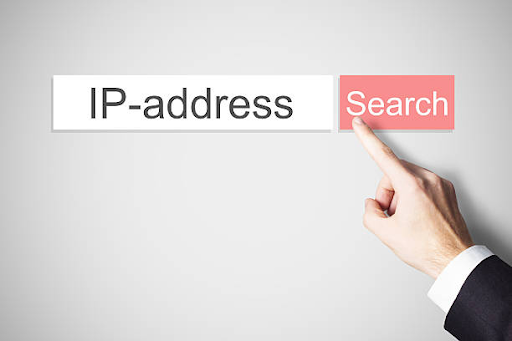
In the ever-evolving landscape of information technology, managing budgets is a critical concern for businesses of all sizes. One often overlooked aspect that can significantly impact IT budgets is the allocation and utilization of IP addresses, specifically IPv4 addresses. As the demand for IPv4 addresses continues to outpace the supply, organizations are faced with a choice: should they buy IPv4 addresses at the current market price, or is there a more cost-effective option? This article explores the financial implications of renting IPv4 addresses and how it can be a strategic move for optimizing IT budgets.
The Current State of IPv4 Price
The price of IPv4 addresses in the market can vary significantly based on factors such as the size of the address block, regional demand, and market conditions.
It’s important to note that ipv4 price can change over time due to market dynamics and supply-demand fluctuations. Therefore, it’s advisable to conduct market research and seek quotes from reputable providers to obtain current pricing information.
A Cost-Effective Solution
Renting IPv4 addresses offers a cost-effective solution to the challenges posed by the scarcity of IPv4 resources. Instead of committing to the substantial upfront costs associated with purchasing IPv4 addresses at market prices, organizations can opt to rent them on a temporary basis. This approach not only reduces the initial financial burden but also provides flexibility in terms of address allocation.
Here’s how renting IPv4 addresses can positively impact your organization’s finances:
1. Cost Savings
One of the most immediate benefits of renting IPv4 addresses is cost savings. Market prices for IPv4 addresses have historically been high due to their limited supply and increasing demand. By renting addresses, organizations can avoid the significant upfront capital expenditure required for outright purchases. Instead, they pay periodic rental fees, which can be significantly lower than the purchase price.
2. Scalability
Renting IPv4 offers scalability, allowing organizations to adjust their address allocation according to their specific needs. This flexibility is particularly valuable for businesses with fluctuating demands for IP resources. Instead of overcommitting to a large block of addresses, they can rent additional addresses as needed, aligning their expenses with actual usage.
3. Risk Mitigation
The market for IPv4 can be volatile, with prices subject to fluctuations. Renting addresses mitigates the risk associated with owning IPv4 blocks as organizations are not exposed to the potential depreciation of asset value. This can be especially advantageous for businesses looking to maintain a stable IT budget.
4. Predictable Expenses
Renting IPv4 addresses results in predictable and manageable expenses. Organizations can budget for recurring rental fees, making it easier to forecast and allocate resources. This predictability can lead to improved financial planning and reduced budgetary surprises.
5. Minimal Administrative Overheads
Managing a pool of IPv4 can be administratively burdensome. From registration and documentation to compliance and monitoring, it involves a range of tasks that demand time and resources. Renting IPv4 addresses often includes managed services, reducing the administrative overhead on IT teams.
How to Rent IPv4 Addresses
Renting IPv4 addresses can be a straightforward process when done through established IP address brokers or service providers. Here’s a step-by-step guide on how to rent ip addresses:
1. Identify Your Requirements
Begin by assessing your organization’s specific IPv4 address requirements. Determine the number of addresses you need and the duration for which you require them.
2. Choose a Reliable Provider
Research and select a reputable IPv4 address rental provider. Look for a provider with a track record of secure and reliable services. Ensure they have the necessary legal and technical expertise to facilitate the rental process.
3. Negotiate Terms
Engage with the provider to negotiate the terms of the rental agreement. This includes addressing pricing, rental duration, and any additional services or support required.
Conclusion
In the realm of IT budget optimization, renting IPv4 addresses stands out as a practical and financially savvy choice for many organizations. It offers the benefits of cost savings, scalability, risk mitigation, predictable expenses, and reduced administrative overhead. By opting to rent IPv4 addresses instead of purchasing them at market prices, businesses can strategically manage their IP resources while ensuring they have the flexibility to adapt to changing demands.
Featured Image – Freepik
Read more investing news on PressReach.com.Subscribe to the PressReach RSS feeds:- Featured News RSS feed
- Investing News RSS feed
- Daily Press Releases RSS feed
- Trading Tips RSS feed
- Investing Videos RSS feed
Follow PressReach on Twitter
Follow PressReach on TikTok
Follow PressReach on Instagram
Subscribe to us on Youtube

















